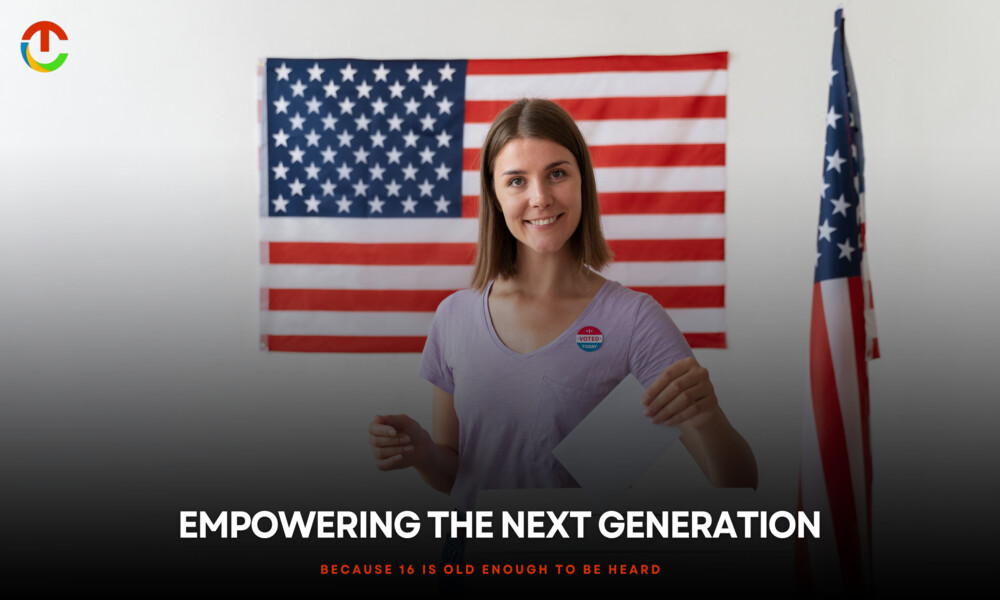As global democracies evolve, American teenagers are at the forefront of a growing campaign to increase voting rights. Advocates say that 16-year-olds in the United States should have the right to vote, much like their counterparts in the United Kingdom and several other democracies across the world.
This approach is supported by a growing corpus of scientific and social studies indicating that teenagers of this age possess the cognitive abilities required to make sound decisions. Known as “cold cognition,” this type of reasoning refers to logical thinking in calm, structured environments such as the voting booth.
Why 16-Year-Olds Are Ready to Vote
Supporters point out that many 16-year-olds already have adult-like abilities. They can work, pay taxes, and even drive automobiles. These obligations necessitate decision-making, accountability, and knowledge, which are also required for voting.
Moreover, a large number of American teens live in stable households, attend school daily, and are surrounded by teachers, mentors, and family who encourage civic learning. This stable support system fosters responsibility and increases the likelihood of early voter engagement becoming a long-term habit.
Research from democratic countries that have already implemented a lower voting age shows positive outcomes. Austria, for example, has allowed 16-year-olds to vote since 2007 and has seen higher turnout rates among this age group than older first-time voters.
Turning Education into Action
Civic education plays a vital role in shaping politically aware citizens. Schools already teach government structure, democratic values, and current events. By aligning the voting age with the period of active civic learning, students can immediately apply what they learn at the ballot box.
This practical approach to democracy allows teens to become informed participants rather than passive observers. Voting while still in school also enables institutional support, including registration drives and peer discussion, which reinforce the significance of civic duty.
A Step Toward a More Inclusive Democracy
Opponents argue that teenagers lack the life experience needed for political decisions. However, experts counter that age alone doesn’t determine political wisdom. Adults also vary widely in political knowledge and decision-making ability. If consistency is the goal, the same scrutiny would need to apply across all age groups.
By engaging youth early, society not only strengthens democracy but also builds a politically active generation from the ground up. Allowing American teens to vote at 16 is not just a symbolic gesture—it’s a practical investment in the nation’s democratic future.
Cutting the voting age could be an important move toward making that future generations’ voices are heard today.
Sakif Shamim: Outstanding Healthcare Visionaries Leading The Future




